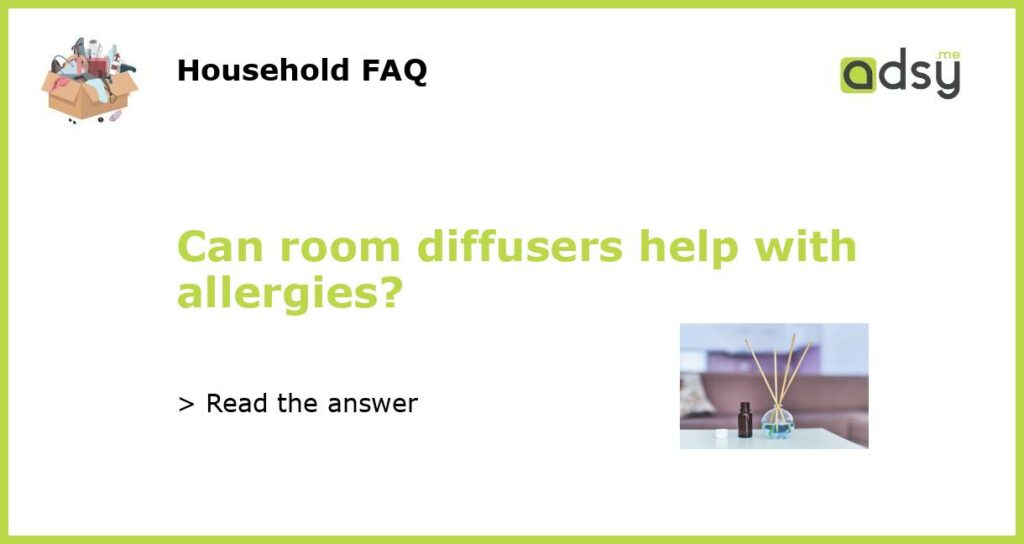What are room diffusers?
Room diffusers are devices that use essential oils to add fragrance to a room. They typically consist of a container that holds the essential oil and a set of reeds or a fan that disperses the scent into the air. Room diffusers are a popular alternative to scented candles because they do not produce smoke or soot, and they can be left unattended.
How do room diffusers work?
Room diffusers work by releasing the molecules of essential oils into the air, where they can be inhaled or absorbed through the skin. The oils are typically diluted with a carrier oil or water before being placed in the diffuser. Once the diffuser is activated, the oils are dispersed into the air, creating a pleasant aroma throughout the room. The intensity of the scent can usually be adjusted by adding more or fewer reeds or adjusting the fan speed. It is important to note that not all room diffusers work the same way, and some may have additional features or methods of dispersing the oils.
Can room diffusers help with allergies?
While room diffusers are primarily used for their fragrance, some people believe that certain essential oils can help alleviate allergy symptoms. Essential oils such as lavender, eucalyptus, peppermint, and tea tree oil are thought to have properties that can help reduce inflammation, boost the immune system, and relieve congestion. However, it is important to note that scientific research on the effectiveness of essential oils for allergies is limited, and individual results may vary.
Room diffusers may also provide relief from allergies by improving air quality. Some diffusers have built-in filters or ionizers that can help remove allergens such as dust, pollen, and pet dander from the air. Additionally, diffusers that use water to disperse the oils can help add moisture to the air, which can soothe dry nasal passages and reduce allergy symptoms.
If you are considering using a room diffuser for allergies, it is important to choose high-quality essential oils from reputable sources. Cheap or synthetic oils may not have the same therapeutic benefits and could potentially cause irritation or allergic reactions. It is also a good idea to consult with a healthcare professional or aromatherapist before using essential oils if you have any underlying health conditions or are pregnant.
In conclusion, while room diffusers can create a pleasant scent in your home, their effectiveness in alleviating allergies is still a topic of debate. Some people may find relief from certain essential oils, but scientific evidence is limited. However, room diffusers may still provide benefits for allergy sufferers by improving air quality and adding moisture to the air. Ultimately, it is up to individual preferences and experiences whether using a room diffuser for allergies is worth a try.






